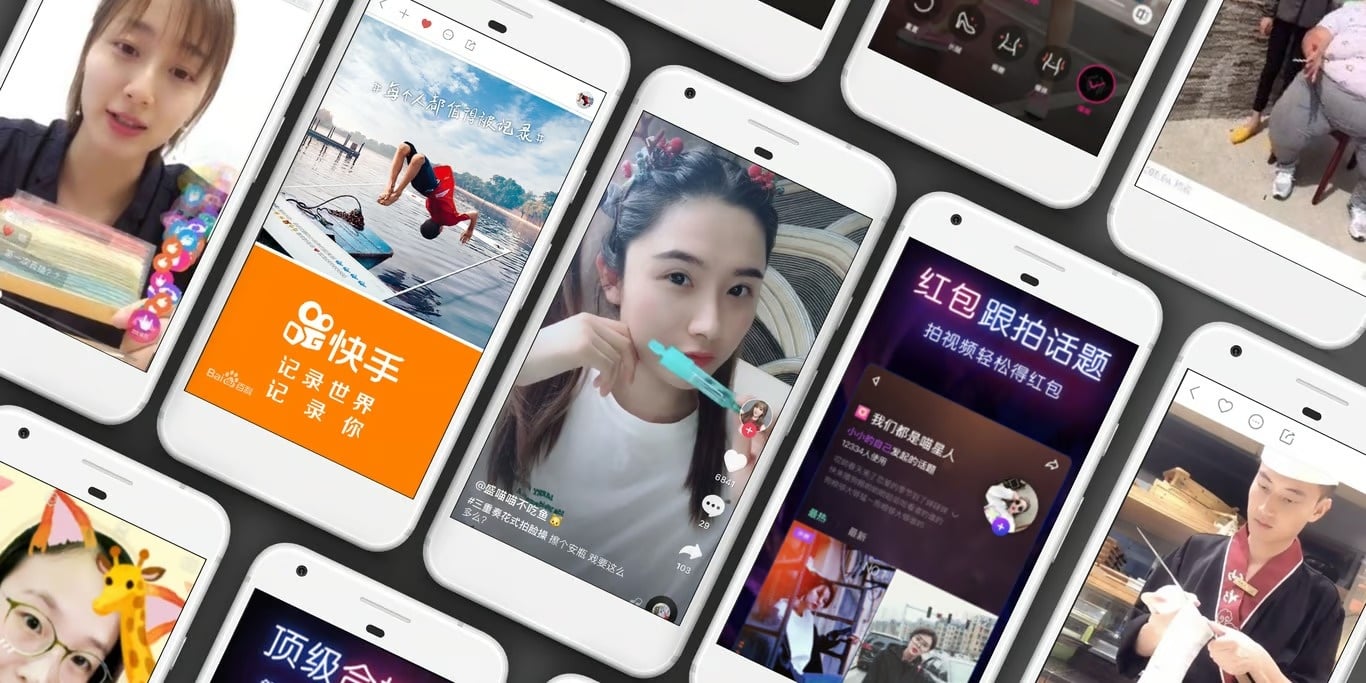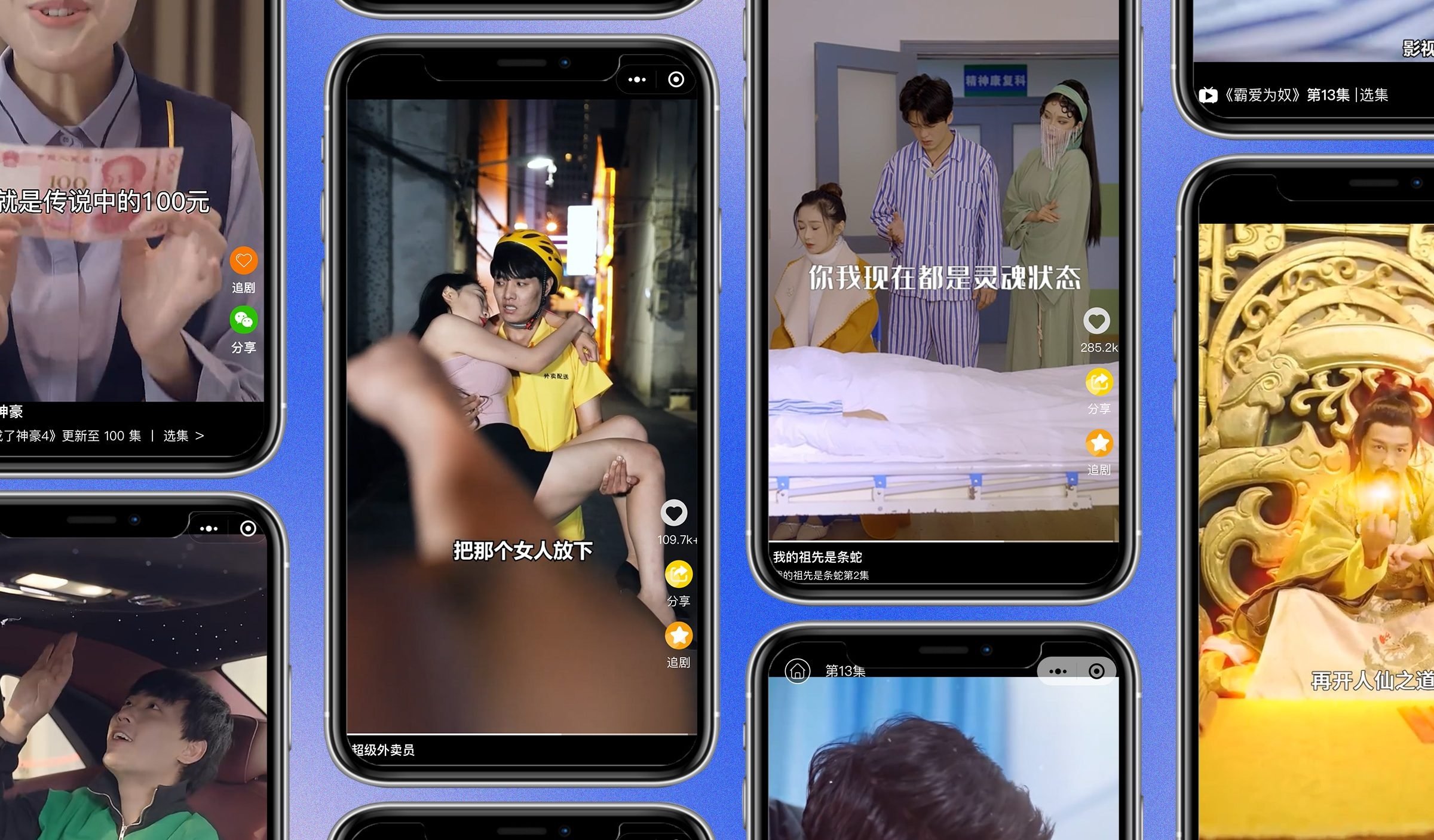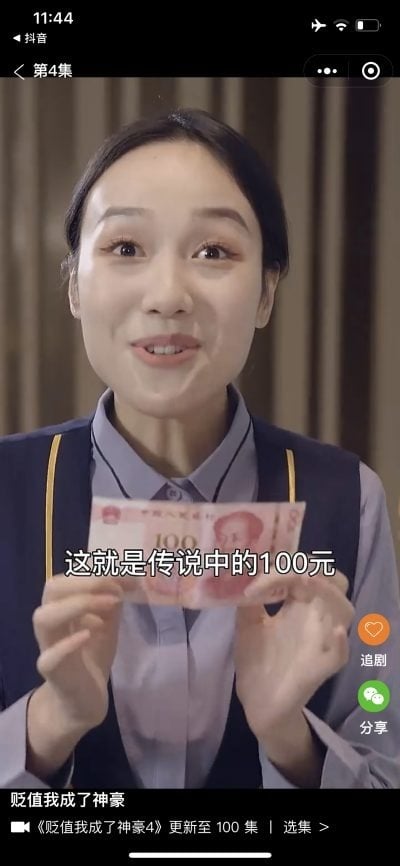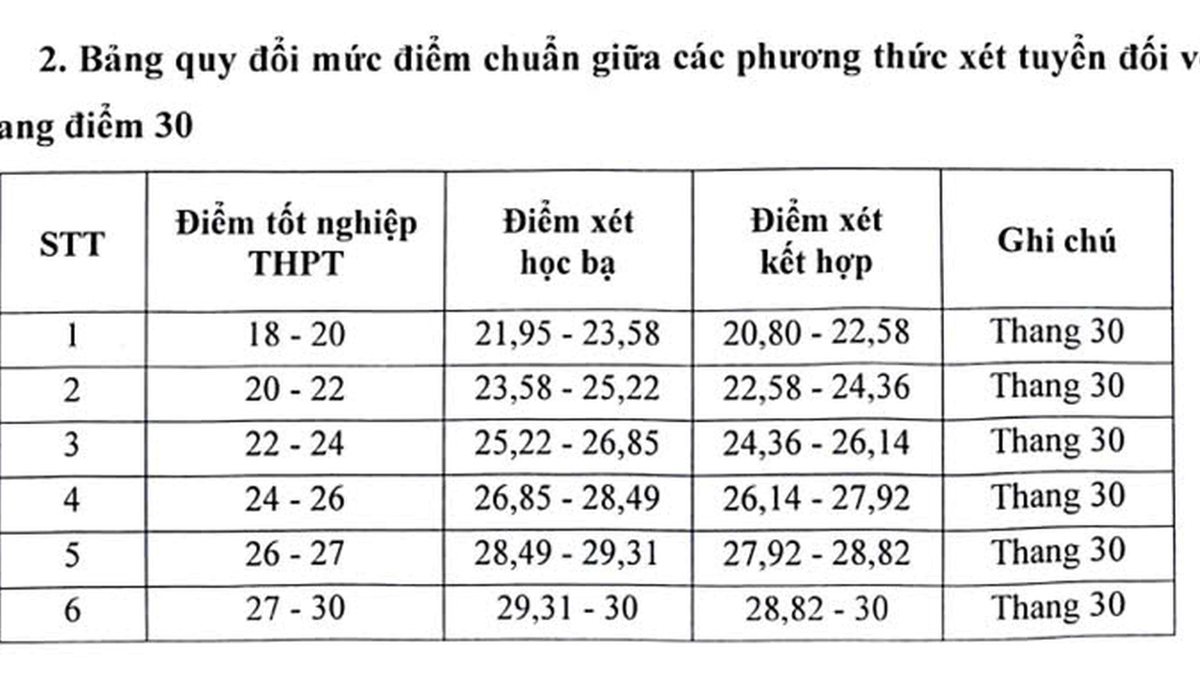Hot scenes, revenge plots and spoilers from minute-long clips on TikTok are becoming the new norm in Chinese cinema.
According to Rest of World , ultra-short TV dramas that cater to smartphone users have become a multi-billion dollar industry in China.
Instead of other wholesome mainstream TV content, low-budget and easy-to-shoot short videos are changing Chinese cinema.
 |
Low-budget, easy-to-shoot short videos are changing Chinese cinema. Photo: Radii. |
By some estimates, the short film industry on platforms like TikTok is now worth up to $1.4 billion in China.
Cheap and easy to shoot
Most of the plots of these videos often repeat familiar stories that are popular in Chinese fiction: The main character falls in love with billionaires, revenge plots by estranged couples, or time travel.
Most of the plots in the videos are fast-paced, filled with hot scenes, with interesting details at the end of each episode, and are usually 1-10 minutes long, keeping viewers hooked.
“I won’t watch dramas if each episode is longer than 10 minutes. I like sweet and easy-to-understand stories,” Zhang Xiaoran, a student who loves reading novels in Henan province, told Rest of World . Zhang added that she often watches these short films while lying in bed and that they help ease her menstrual cramps.
According to statistics in 2022, nearly 95% of Internet users in China watch short videos. Of these, about 24% of Internet users choose short video applications as the first access point when opening their devices.
 |
Chinese users are attracted to short TV series with fast-paced plots, full of hot scenes, and interesting plot twists at the end of each episode. Photo: WeChat. |
Since 2021, all of China's major online platforms, from Bilibili to iQiyi, have launched a dedicated section for smartphone users for the genre, also known as "mini series".
On streaming platforms and short video apps like Douyin and Kuaishou, these short dramas are produced to cater to young urban audiences who watch them while commuting or taking a lunch break.
WeChat, meanwhile, charges per minute episode. Watching a 100-episode series can cost as much as $15 , more than double the average movie ticket price in China.
These miniseries are aimed at the “underground market,” referring to consumers living in small cities and rural areas where the Internet user base is growing rapidly.
The producers admitted to Rest of World that despite the lower production quality, these miniseries provide viewers with a sense of fun by escaping reality with rags-to-riches fantasies.
Specifically, one series features manual workers, such as security guards or delivery men, who are given magical powers. Another popular theme is young girls who are forced to marry handsome, wealthy billionaires and then unexpectedly fall in love with them.
Bullshit script
“They feel happy when they see the main characters winning women, wealth, status, power or privilege. They think it would be great if the same miracle happened to them,” admitted Hou Chao, who runs a short TV drama production company in Zhengzhou.
 |
Despite the low production quality, the mini-series provides viewers with a sense of fun by escaping reality with rags-to-riches fantasies. Photo: DouYin. |
Since August 2022, Hou said his company has produced about 10 miniseries, all aimed at men over 40 — a demographic with the leisure time and willingness to spend money on TV dramas, and therefore an affinity for underdog stories.
Most of these short shows are produced with budgets of less than $30,000 . However, Hou said that publishers are willing to spend hundreds of thousands of dollars to promote the film's trailer on short video apps like Douyin.
Hou’s most successful production was Deflation Made Me a Tycoon , a 101-episode series that cost about $5.8 million to market. According to Hou, the series earned more than $7 million in subscription fees, achieving a 20% profit margin.
The content of Deflation Made Me a Tycoon episodes all revolve around a single scenario: After being scolded by his boss, his girlfriend breaking up with him because of poverty, and his mother dying in a car accident, a young office worker decides to choose a way to end his life.
He jumps off a bridge, but is transported to a fantasy world where everything is extremely cheap due to hyper-deflation and becomes the richest man in the world. The entire episode takes place in less than two minutes.
Meanwhile, family dramas are extremely appealing to middle-aged women. These stories tell a recurring plot, with a female protagonist suffering at the hands of an abusive, unfaithful husband.
The husband even calls his wife a "bitch" and forces her to donate blood to another woman he likes. Viewers sympathize with the main character and the episodes always have a happy ending, with the husband returning home to reconcile with his wife.
These short videos appeal to viewers by showing challenges they might face in their real lives and then offering a magical solution, according to Elaine Jing Zhao, a senior lecturer at the University of New South Wales who studies China's digital markets.
Zhao said manufacturers are trying to appeal to the lower class, which is statistically the fastest growing Internet user population in China.
“Viewers are drawn to the plot of unlucky people suddenly becoming the world's leaders,” Zhao explained.
Aria Lee, a Beijing-based TV series director, told Rest of World that compared to traditional dramas, short-form TV series require faster-paced plots to be able to captivate viewers in just a few seconds.
 |
The episodes of Deflation Made Me a Tycoon all revolve around a single scenario with an office worker who is stuck in life and then transported to a fantasy world and becomes the richest person in the world. Photo: Rest of World. |
“Within the first five seconds, the video has to have a shocking element that makes the viewer want to stay and watch,” Lee said. One of Lee’s short films opens with a couple sleeping together after having sex. Suddenly, the man wakes up and asks who the woman is.
Such provocative scenarios are rarely shown on Chinese television or major websites like Tencent Video and iQiyi, where the government requires TV shows to reflect accepted values of hard work and patriotism.
However, many miniseries, especially those released on WeChat accounts, do not require approval from the media regulator. According to producers, these short films often involve rape, illegitimate pregnancies or excessive spending.
In December 2022, China's media watchdog ordered a crackdown on "obscene, violent, vulgar" content in short-form television dramas.
The regulator said the short video industry is growing too quickly, has become a threat to mainstream content and needs tighter censorship.
In March, a state official continued to call on the entertainment industry to make high-quality short films that tell good stories about China.
In April, WeChat, Douyin and Kuaishou said they had removed hundreds of short drama channels for promoting sexual content, violence and other “unhealthy” values.
Invisible traps on social networks
Professor Kim Sang Kyun's book Digital Universe thoroughly analyzes and dissects the impacts of smart devices, virtual worlds and social networks in modern life.
Source link





























![[Photo] National Assembly Chairman Tran Thanh Man visits Vietnamese Heroic Mother Ta Thi Tran](https://vphoto.vietnam.vn/thumb/1200x675/vietnam/resource/IMAGE/2025/7/20/765c0bd057dd44ad83ab89fe0255b783)








































































Comment (0)